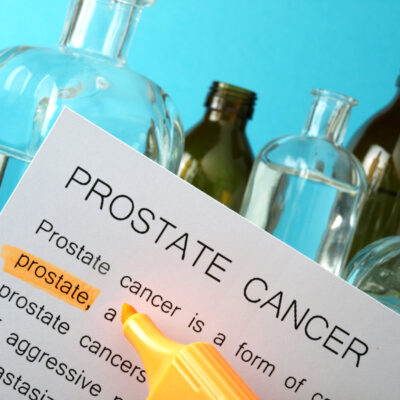
4 Early Symptoms of Prostate Cancer and Treatment Options
Prostate cancer is one of the most common types of cancer that affects men, especially those who are over the age of 50. While traditional drug treatments such as XTANDI, Mogamulizumab, radium injections, ERLEADA, Vectibix, Relugolix oral, and Ibrutinib can be effective in treating prostate cancer, early detection is critical for better outcomes. In this article, we will explore the early signs of prostate cancer that you should be aware of:
1. Blood in the urine or semen
Another early sign of prostate cancer is the presence of blood in the urine or semen. This symptom can be alarming and should be evaluated by a doctor immediately. While blood in the urine or semen can be caused by other conditions, such as infections or kidney stones, it is essential to rule out prostate cancer as a potential cause.
2. Pain in the hips or back (spine)
Prostate cancer can also cause pain in the hips or spine. This pain can be a sign that the cancer has spread beyond the prostate gland and into the bones. If you are experiencing persistent pain in these areas, you should consult with your doctor.
3. Trouble getting an erection
Prostate cancer can also affect a man’s ability to get an erection, known as erectile dysfunction. This can be due to the cancer itself or the treatments used to manage it. If you are experiencing difficulty in getting or maintaining an erection, it is essential to speak with your doctor to determine the underlying cause.
4. Problems urinating
Difficulty in urinating or frequent urination is one of the most common early signs of prostate cancer. The prostate gland surrounds the urethra, which carries urine from the bladder out of the body. When the prostate gland is enlarged due to cancer, it can press against the urethra and cause problems with urination.
In conclusion, while traditional drug treatments can be effective in treating prostate cancer, early detection is key. By being aware of the early signs of prostate cancer you can catch the cancer early and receive appropriate treatment for better outcomes.


